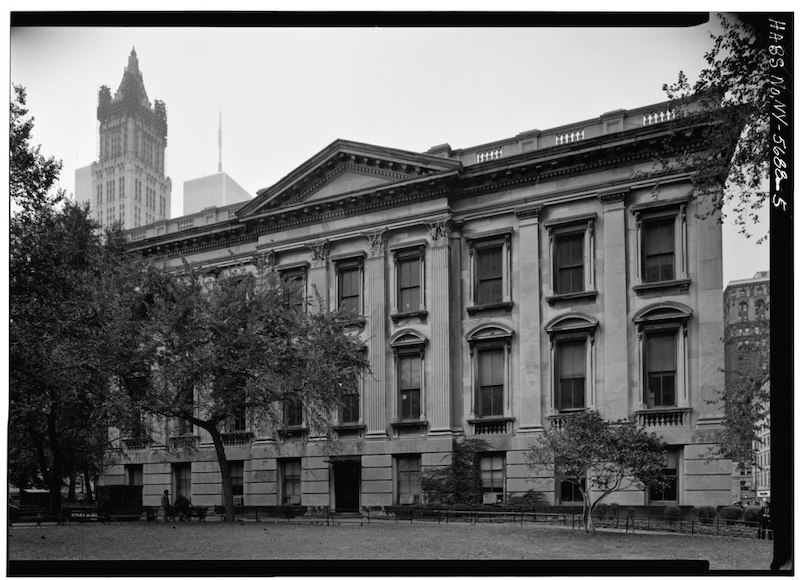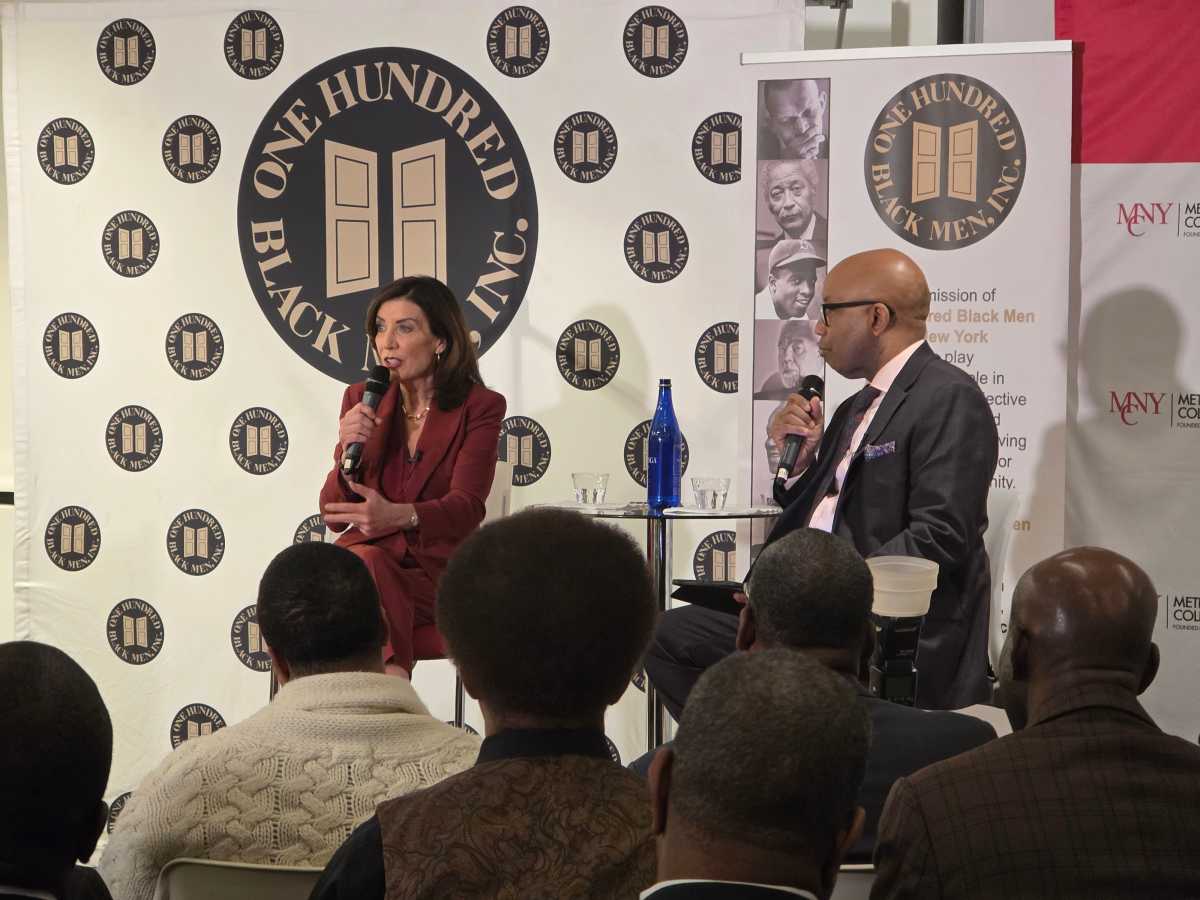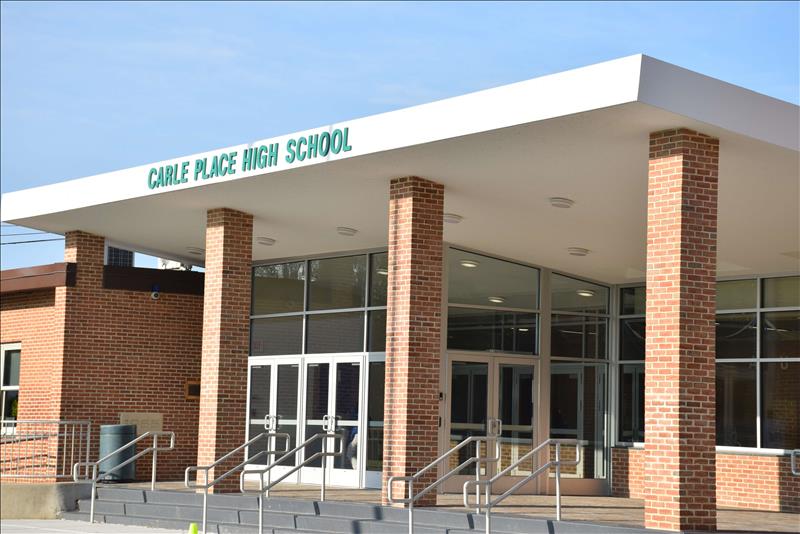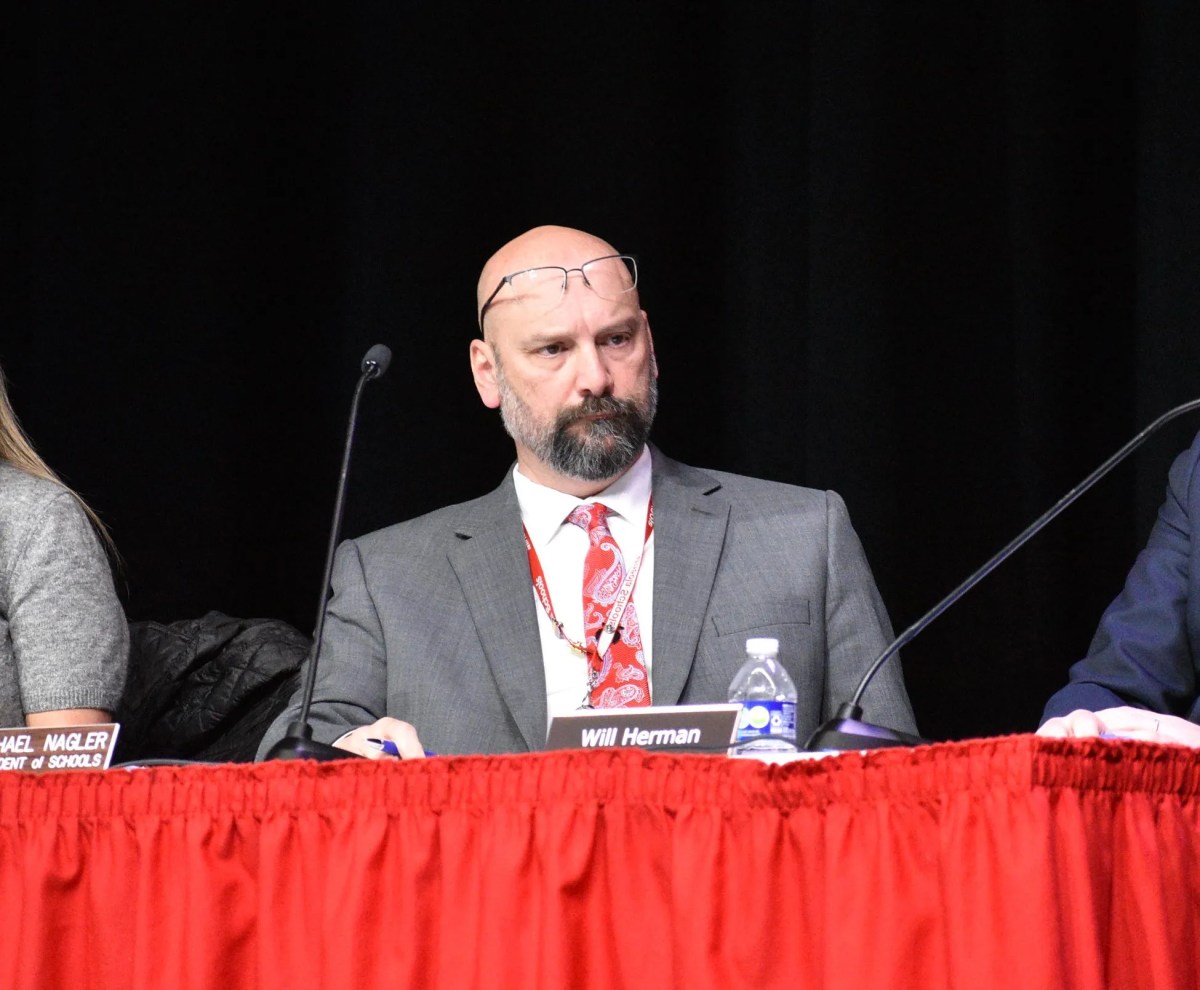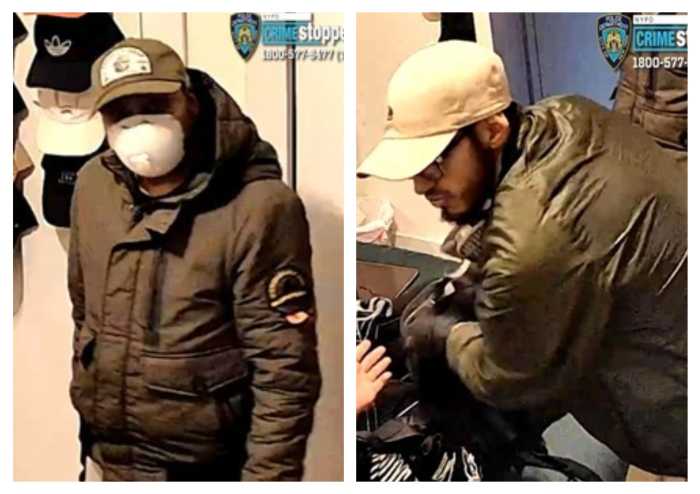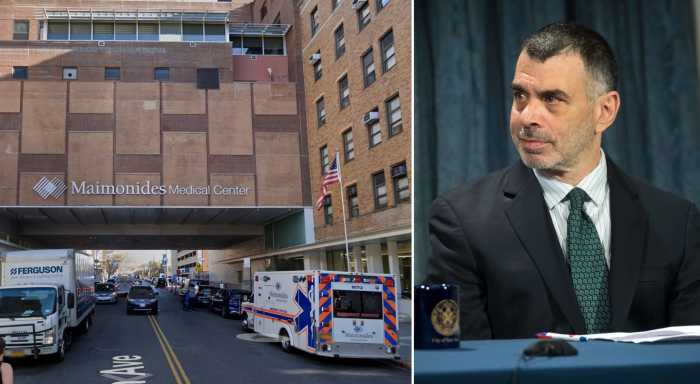Brooklyn city officials either took to the streets or public forums last week to help frustrated parents and students voice their utter dismay with the school system’s COVID-19 response, blasting city leadership, Mayor Bill de Blasio and Department of Education (DOE) School Chancellor Richard A. Carranza.
On Tuesday, October 14, Assemblywoman Maritza Davila (D-Williamsburg, Bushwick) and Democratic District Leader Samuel Nemir Olivares convened representatives and parents at P.S. 116 for a press conference. Then in simultaneous city council meetings on Friday, October 16, Councilmember Inez Barron, other officials, and students, spoke at a joint hearing on mental health resources for City University of New York (CUNY), while Councilmember Mark Treyger held a joint hearing on health and safety during the reopening of public schools.
Schools without a doubt have had confirmed COVID-19 positive cases since the reopening across the borough. P.S. 116 was one of these schools that were temporarily shut down.

“As we know this may become the norm of this pandemic, we are still extremely worried as to how the process is transpiring before our eyes. We need to ensure that our parents are informed in an amicable time not hours before they must leave to work. There isn’t enough preparation time for our parents to decide if they can afford to take off or put their child into daycare. Many children are being withheld from receiving the proper education due to the lack of educational resources. There needs to be a workable system in place to better accommodate the educational needs for our children,” said Davila.
“We implore both local and citywide leadership to collaborate with teachers, families and students to develop plans that work for all learners and for teachers in every zip code and not just a privileged few. We hope you continue to agitate for schools our students deserve,” said Kenyatta Reid, CEC 14 Parents.
The parents present expressed a distrust of the random testing procedures and symptom surveys before having their temperature checked in order to enter the building.
“I am concerned, as a parent and a community member, that the screenings conducted before entering school buildings is not enough. I don’t think the protocols put in place by the DOE to keep the school community safe is working. I chose fully remote learning for my daughter because I did not feel comfortable with the measures that were laid out. However, many parents do send their children to school in a blended learning model, and the DOE is letting down those parents that put so much faith in their plan. The parents that believed in the safety protocols put in place are now faced with the fear of having their children contract covid-19 and bring it home to their families. If the testing in schools was not ready, the schools should have not opened. Parents do not have the same ease as DOE staff to get tested every 10 days,” said Marlene Rossi, Parents Teacher Association (PTA) President P.S. 116.
They also noted the problems with remote learning, like the lack of resources, tablets, laptops, and proper internet connection for underserved communities. At his joint hearing, Treyger questioned Carranza, as well as top DOE and health officials, about these discrepancies in schools.
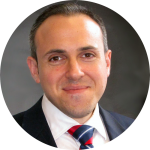
“We’ve been hearing for months that kids are in need of technology. That shared significant disparities, particularly along racial lines where many kids obviously did not log on, low engagement rate, low attendance rate. We don’t know how many kids have never logged on since March,” said Treyger.
The DOE staff said that there are technically 350,000 LTE enabled devices in schools, but a fluctuating number of 77,000 current requests from schools for devices as well.
Treyger also spoke in a virtual meeting before the hearing about problematic in-person schooling. “In many cases you have the virtual study hall where you have kids coming into a class not being taught but sitting you know by a desk logging on to zoom in to connect with their teacher from home while an adult just simply watches them. That is not in-person instruction that is simply supervision of remote learning and it’s not what the Mayor promised the public,” said Treyger.
Meanwhile, Barron addressed mental health issues for CUNY students, especially ones of color, struggling to get help before and during the health pandemic.

“In the past we have heard testimony about long wait list and short term individual counseling as well as a general lack of knowledge about the existence of such a resource. Before the pandemic many CUNY students struggled with housing, and food insecurity and balancing the demands of family, work if they’re employed, and school. COVID-19 has only intensified these inequities which negatively impact retention and academic success. Now maybe more than ever mental health services are crucial. Students may have lost jobs, family members and friends as soon as they’ve had to leave a safe haven at school where they could be themselves or quarantine someplace where they may not feel safe,” said Barron about the state of colleges and campuses mental health services.
“Many students rely on the campus life and resources to get through their everyday lives whether it may be the library food pantry or counseling service and more,” testified Juvanie Piquant, Chairperson on University Student Senate and Student Trustee at CUNY.
“The constant disinvestment at CUNY has had an immediate impact on everyday students receiving the short end of the stick. This did not begin when the COVID-19 pandemic began but this has been years of systemic disinvestment. We’ve noticed first-hand during the past semester the leadership of Mayor Bill de Blasio made attempts to remove ASAP and cut funding for CUNY in various aspects. Disinvestment in higher education should never be an option,” she added.


